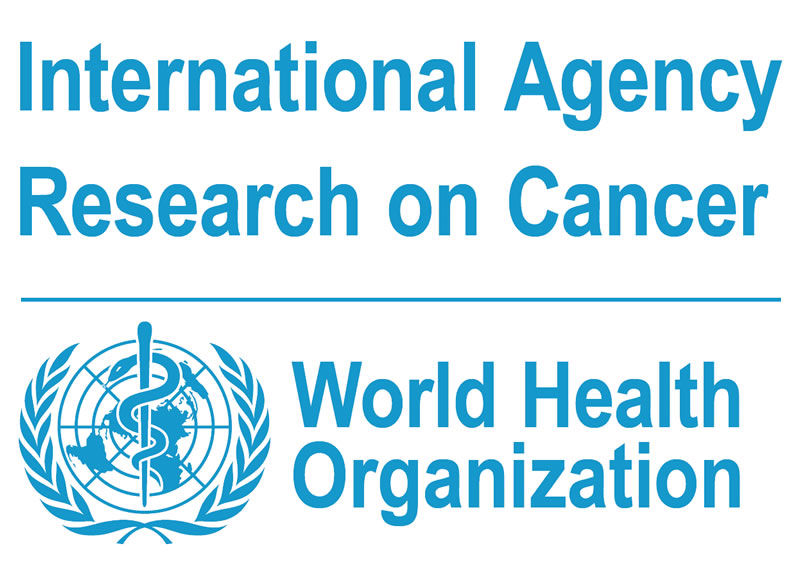There Is No Safe Level Of Exposure To Ionizing Radiation
I have posted essays before about the health effects of ionizing radiation. There is a varying low level of natural radioactivity every where on Earth. Often, emissions from nuclear power plants are compared to the background natural level of radiation and dismissed if they are not more radioactive than the background. The NRC is currently debating their stance on the harmfulness of low levels of radiation. There are some people who claim that far from being harmful, low levels of natural radioactivity are actual beneficial to health. This is called "radiation hormesis." There is lobbying to have the NRC adopt the radiation hormesis theory in their evaluation of safe levels of radiation. However, evidence for the dangers of exposure to even low doses of ionizing radiation has been accumulating for years.
In 2012, researchers from the University of South Carolina and the University of Paris-Sud sifted through more than five thousand published research articles and selected forty six for quantitative comparison. They carried out a meta-analysis of the forty six peer-reviewed studies which had been conducted and published over a period of forty years. The organisms studied included plants, animals but were mostly human.
The studies examined health issues such as DNA damage, diseases like Down's Syndrome, and even the birth ratio of boys to girls. "The researchers found significant negative effects in a range of categories, including immunology, physiology, mutation and disease occurrence. The frequency of negative effects was beyond that of random chance." Every study boiled down their results to a single number for the effect of the radiation which made it possible to compare the results of all the studies. The scientists concluded that, " ...variation in low-level, natural background radiation was found to have small, but highly statistically significant, negative effects on DNA as well as several measures of health."
Now the World Health Organization (WHO) has released a new report on the health effects of low levels of ionizing radiation. The International Agency for Research on Cancer, the cancer division of WHO, has just released their findings from a major new study that found that exposure to even low doses of ionizing radiation over time increases the risk of solid cancers as much as short, intense doses of radiation. This study is hailed as being the most "powerful" study to date on the risks for cancer from low doses of radiation. Over three hundred thousand nuclear workers in France, the United Kingdom and the United States who were exposed to radiation between 1943 and 2005 were studied by a collaboration of international partners including the U.S. National Institute for Occupational Safety and Health, Public Health England Centre for Radiation, Chemical and Environmental Hazards and the International Agency for Research on Cancer, as well as universities including the University of North Carolina, Chapel Hill and Drexel University.
The bottom line is that there does not appear to be a threshold below which there are no damaging health effects of ionizing radiation. This is referred to as the "linear-no-threshold" model. Since the Fukushima nuclear disaster in Japan in March of 2011, the nuclear industry and some governments have attempted to placate the global public by downplaying the dangers of any increased radiation that people may be experiencing from the radiation released during and after the disaster into the atmosphere, soil, ground water and ocean.
There are many sources of ionizing radiation beyond fallout from nuclear accidents. Routine releases from nuclear power plants, x-rays, airport scanners, nature background radioactivity, radioactive particles in smoke from coal burning power plants, medical diagnostic processes, etc. can all contribute to the dose of radiation any individual may experience. There is a broad consensus among radiation experts that repeated exposure to low doses of radiation can cause cancer, genetic mutations, heart disease, stroke and other serious illness. Our standards for radiation exposure need to be revised in light of the findings of these studies. This is a major public health issue.
